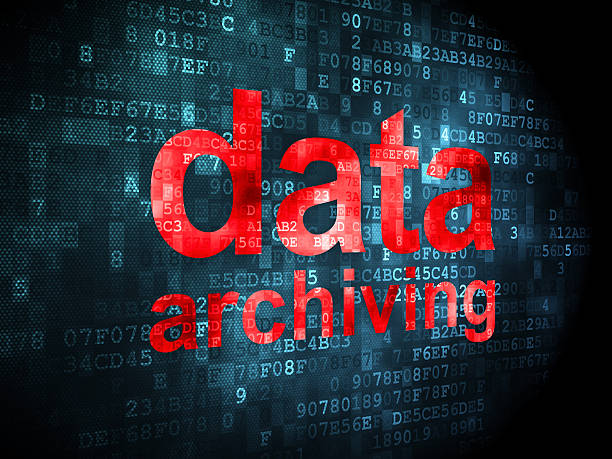The internet has changed how we consume, store, and share knowledge. Among the many innovations shaping this digital age, archivebate has emerged as a powerful idea that combines archiving with debate, accessibility, and smart information management. This article will explore what archivebate means, why it matters today, and how it is changing how individuals and organizations handle information.
What is Archivebate?
At its heart, archivebate merges two ideas: storing information and encouraging discussion about it. Simply put, it involves keeping important digital data, documents, and resources in a way that preserves them and opens them up for conversation, collaboration, and critical thinking.
Unlike traditional archiving, which focuses only on storage and preservation, archivebate emphasizes:
Easy accessibility
Collaboration among users
Encouraging debate and dialogue
Long-term digital preservation
Why Archivebate Matters in the Digital Age
1. Knowledge Preservation
Information today moves at lightning speed. Without organized archiving, valuable knowledge can vanish in seconds. Archivebate ensures that digital content stays secure and retrievable for future generations.
2. Encouraging Critical Thinking
By connecting archives with active debate, archivebate fosters a culture of questioning. Users not only access data but also engage with it, discuss its relevance, and challenge viewpoints.
3. Democratizing Access
Archivebate removes barriers by making archived data available to everyone. This access allows researchers, students, professionals, and enthusiasts to equally contribute to and benefit from shared knowledge.
Key Features of Archivebate
a) Digital Archiving
Content is stored in secure, long-lasting digital formats that prevent data loss.
b) Interactive Discussions
Unlike static archives, archivebate includes forums, debates, and user interaction, ensuring that knowledge is not just stored but also expanded through dialogue.
c) Collaborative Contribution
Users can add resources, references, and insights, making the archive dynamic and constantly evolving.
d) Global Accessibility
Anyone with internet access can participate, bridging geographical and cultural divides.
Benefits for Individuals and Organizations
For Individuals:
Access to a wealth of preserved knowledge
Opportunities to debate and share opinions
Improved critical thinking skills
For Organizations:
Secure management of knowledge
Better research and collaboration
Stronger engagement with stakeholders
Real-World Applications of Archivebate
Education – Schools and universities can use archivebate platforms to store learning materials and encourage student discussions.
Research – Scholars and scientists can preserve findings while collaborating across the globe.
Corporate Knowledge Management – Companies can use archivebate to store documents while inviting employee feedback and ideas.
Cultural Preservation – Historical data, literature, and art can be archived for global access, debate, and reinterpretation.
The Future of Archivebate
As technology keeps evolving, archivebate is likely to grow through artificial intelligence, blockchain, and cloud computing. Future archivebate platforms might offer:
AI-driven search for quicker information retrieval
Blockchain-based data security
Multilingual, global participation
Virtual reality archives for immersive experiences
The mix of preservation and debate will ensure that information not only survives but also flourishes.
Conclusion
In a world where knowledge is both abundant and fragile, archivebate strikes the right balance between preservation and participation. It secures data for future use while promoting active dialogue in the present. Whether for education, business, or cultural enrichment, archivebate is more than just an idea—it’s a movement toward an informed, collaborative, and future-ready digital society.





Leave a comment